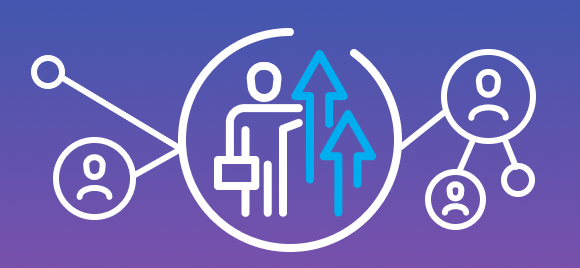It doesn’t take a workforce expert to recognize that Employer of Record (EOR) services have become essential for businesses navigating the complexities of employing a global contingent workforce. These specialized providers not only manage employment, payroll, and compliance for you and your workers, they can also help businesses like yours more easily expand into countries and regions you may not have even considered before.
In this guide, we explore what EORs do, the types of workers they support, and when you should consider partnering with an EOR provider.
What do EOR companies do?
If you think an EOR provider just cuts contingent workers a paycheck, think again. Let’s begin by taking a look at the full scope of services that EORs provide. These services not only offer an economically sound way to manage and scale your workforce, their expertise lets businesses focus on their core operations and growth strategies.
Employment Administration:
We’ll start with the obvious: An EOR becomes the legal employer for the contingent workers you engage. As such, they handle payroll, benefits administration, HR support, Workers Compensation, and employment contracts on your behalf. We explore each of these briefly below:
Payroll:
EORs manage all aspects of contingent workforce payroll processing, including salary calculation, tax withholding, payroll tax filings, and direct deposits. This is particularly complex for workers in different countries, so it’s important to choose an EOR with international experience.
HR Support:
As the legal employers of your workers, EORs alleviate the stress of HR administration from you. This includes onboarding, offboarding, record-keeping, employee documentation, and day-to-day personnel issues.
Benefits:
Some EORs offer and administer benefits packages for the contingent workers you engage. And given today’s competitive job market, a good benefits package can make the difference between keeping and losing key workers you need for your (or your clients’) projects.
Workers’ Compensation:
Here’s another key service most EORs provide: offering and managing Workers’ Compensation insurance. This makes sure your contingent workers are covered in case of injuries that may occur in the workplace.
Contract Admin:
And don’t forget about the tedious chore of executing and managing all employment contracts. This is a task that most businesses are very happy to hand off to experts.
Global Expansion Support:
Not long ago, businesses seeking to expand into international markets had to establish entities in each country they supported. While there are, of course, many reasons companies may still want to do so, they no longer have to do so simply to employ workers overseas.
EORs can handle this requirement for you by becoming the legal entity through which you can compliantly hire and employ local workers. By eliminating the need for you to establish legal entities in new locations, they give you an economical way to scale your operations–and become a launching pad for rapid and compliant global expansion.
Compliance and Risk Management:
EORs navigate the complexities of international business for you by ensuring compliance with local labor laws, tax regulations, and employment requirements. By taking on legal employment responsibilities, EOR companies help mitigate risks associated with employment law violations and non-compliance
What types of workers do EORs manage?
Contingent labor comes in all shapes and sizes, but an Employer of Record might be just the thing you need regardless of what types of workers you use. Here are some types of workers that might benefit from using an EOR:
Contractors and Freelancers:
EORs are ideal for businesses that engage independent contractors (ICs) or freelancers. IC compliance regulations can be tricky and vary by jurisdiction, so EORs can help cut through the fog and ensure ongoing compliance.
Remote or International Workers:
EOR services are also a great solution for companies with remote or international workers. In these cases, EORs can handle challenges such as compliance with local labor laws, tax withholding, and currency conversion.
Temporary or Seasonal Workers:
If your business stays flexible by bringing on temporary or seasonal workers, EORs can slash your administrative headaches dramatically. EORs simplify the hiring and payroll process, handle workers’ compensation, and provide benefits (per legal eligibility guidelines).
Expatriate Employees:
Need to send employees on international or expatriate assignments? An EOR may be the best approach to manage the complexities of international tax, legal, and employment requirements.
Conclusion
Partnering with a reputable EOR can help your business navigate the complexities and challenges associated with using a contingent workforce – both domestically and internationally. EORs give you the peace of mind of compliance while letting you focus on core activities and growth opportunities.
If you’re expanding globally and need help with EOR services, Prosperix and its global partners can support your efforts.
Contact us.

